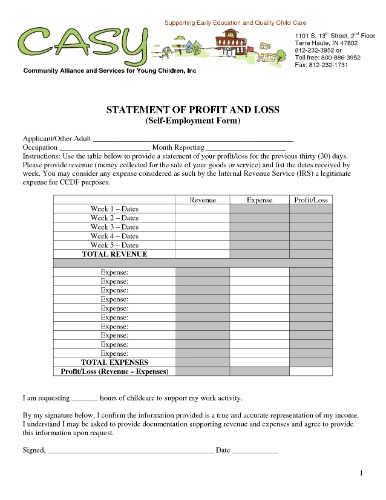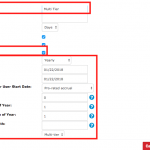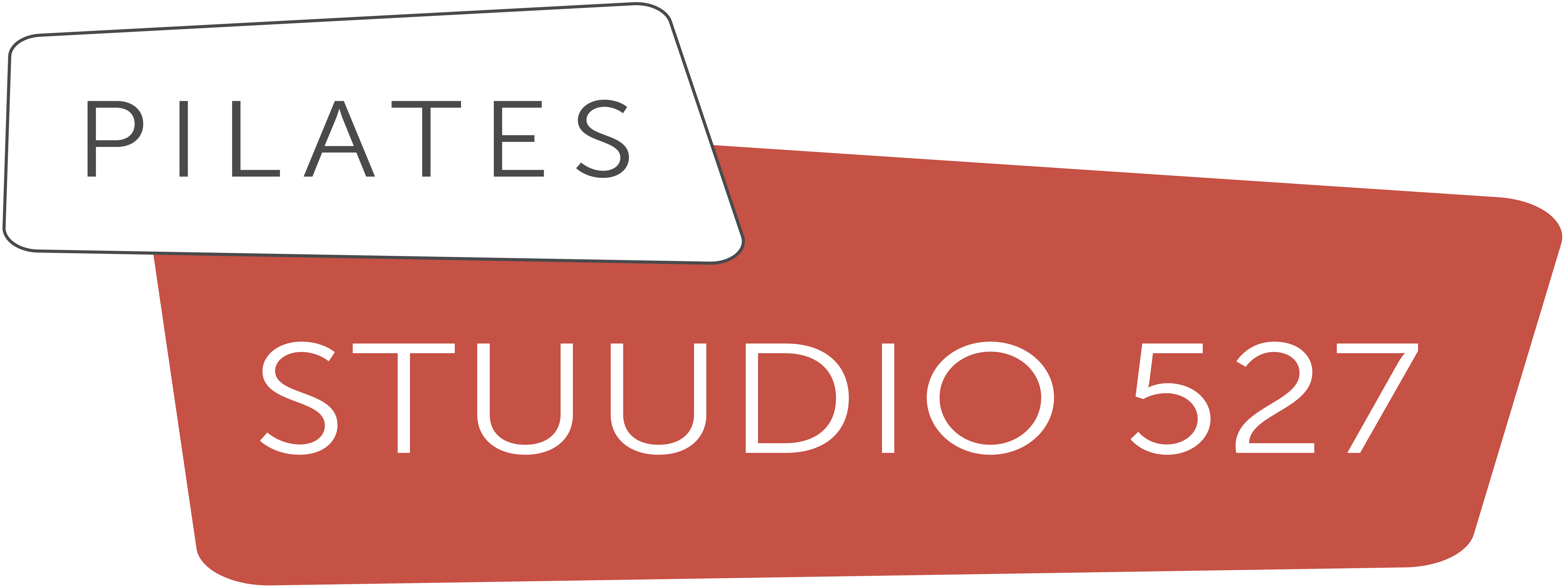
Katherine Haan is a small business owner with nearly two decades of experience helping other business owners increase their incomes. She has spent the last five years working on small business content to help entrepreneurs start and grow their businesses. She’s well-versed in the intricacies of LLC formation, business bad debt definition taxes, business loans, registered agents, business licenses and more. The only experience I could have done without is the upselling of partner products. Instead of leading me to certain partner products, I would have preferred a menu item of available integration products so I could see what was available and choose the right one for my business needs. Within each form, I was also given the opportunity to attach documents as necessary, such as receipts, contracts or quotes.
Legacy software is harder to find, and even QuickBooks Desktop has moved to a subscription-based solution. Freelancers and solo-operated businesses need accounting software, but maybe not as robust as QuickBooks—that’s where FreshBooks makes sense. It’s designed for single users to send and manage invoices for a handful of clients. You aren’t limited by the number price to tangible book value definition of invoices you send on any plan, but lower-priced plans limit the clients you can bill and manage.
Best for Zoho Users

Even at the lowest tier, QuickBooks Desktop and QuickBooks Online can be pricey choices compared to alternatives. QuickBooks also doesn’t provide adequate support for new users on the lower-priced plans. If your budget is low, you don’t need all the features of a full accounting program and you want more avenues for support, you may be better off choosing a QuickBooks competitor.
Additionally, FreshBooks doesn’t include bank reconciliation with its cheapest plan. Since bank reconciliation is an absolutely foundational accounting task, we can only recommend FreshBooks’s cheapest plan to freelancers or brand-new startups with just a few transactions a month. But while FreshBooks doesn’t limit your invoices, it does limit the number of customers you can bill each month.
Square Invoices received a perfect mark for invoice customization, as there are many ways to customize your invoices to your needs. It lets you select from different templates, change the invoice colors, edit the invoice fields, and upload your company logo to make your invoice look more professional. It also aced our rubric for invoicing features, pricing, and mobile app. Also, it has a clean and intuitive user interface, and the dashboard provides an overview of key financial information, helping businesses stay organized. The platform may lack built-in accounting features, but it integrates with Zoho Books for bookkeeping capabilities.
Best for Simple Accounting
Zoho Books is best for those who are already using Zoho products to manage their businesses. However, it’s also a good option for freelancers who need feature-rich accounting software to send invoices and manage expenses. Meanwhile, it didn’t score very well for its pricing because its plans are priced for one user only, with additional seats costing $11 each per month. It also took a hit in banking because you can’t reconcile bank statements unless you connect to your bank account; in contrast, QuickBooks lets you reconcile with or without a bank connection. FreshBooks, however, does have decent project accounting features, including the ability to compare estimated costs versus actual costs—something you can’t do in QuickBooks.
Best for Comprehensive Features
The company now operates over 3,000 locations across the United States and Canada. Sage Intacct’s dashboard allows users to keep tabs on cash flow and provides access to the standard reports needed by most companies. All sorts of changes may be made to the report to make it fit your needs. An attractive feature of Sage Intacct is its ability to split data for analysis. Today’s leading accounting platforms offer standard security features such as data encryption, secure credential tokenization and more. While human error will always play some role in security breaches, you can be confident in your accounting platform when it comes to keeping your information safe.
- Other solutions are available that are less expensive, easier to use and offer features that QuickBooks does not.
- We recommend the following QuickBooks alternatives for invoicing if your small business doesn’t need a complete bookkeeping solution, such as the providers above.
- To keep track of all of your business’s financial data in one location, desktop accounting software is a must-have.
- You can also plan project schedules and set employee costs and client billing rates.
- Other components include whether it requires a third-party bookkeeping software integration.
You can send your customers an unlimited amount of invoices, but the cheapest plan limits that client number to just five. Choose Non-Cloud if youvalue data control and and privacyand want to avoid recurring costs. It’s ideal for businesses that prefer traditional lost packages 101: how to handle them software setups and don’t require remote access. Non-Cloud accounting software is a necessary tool for managing finances.
